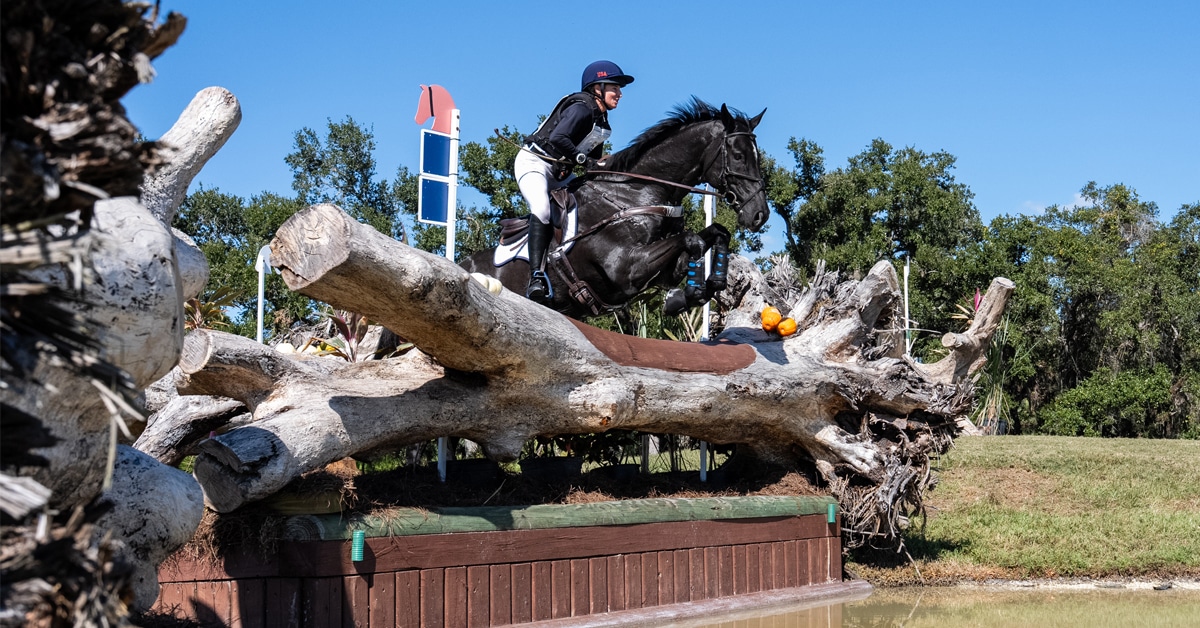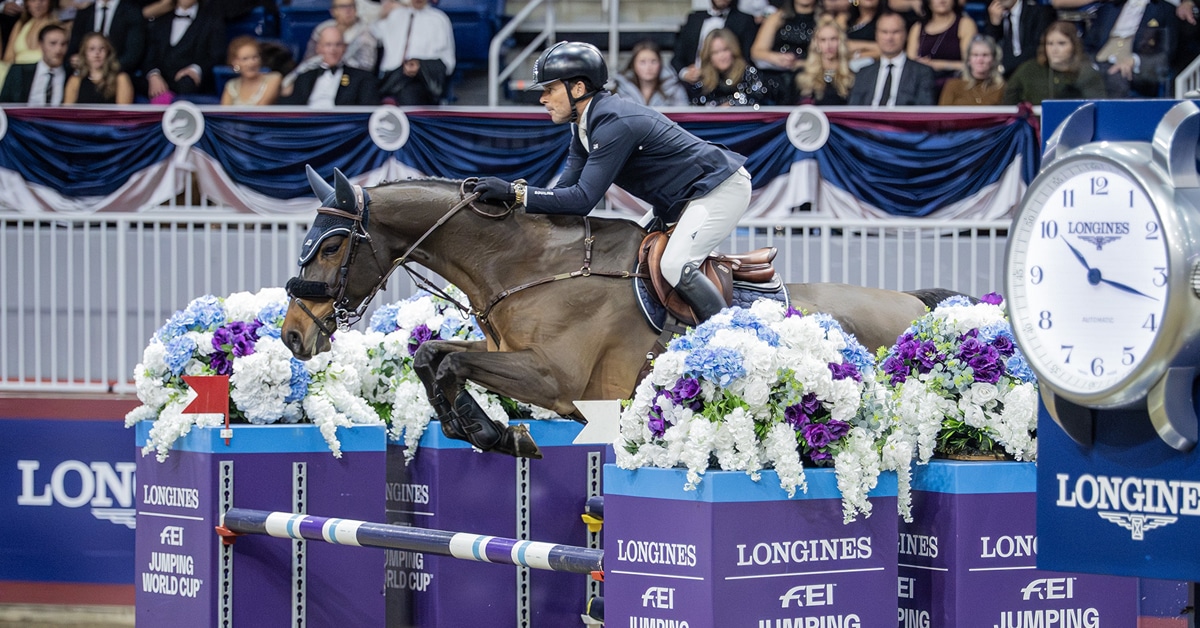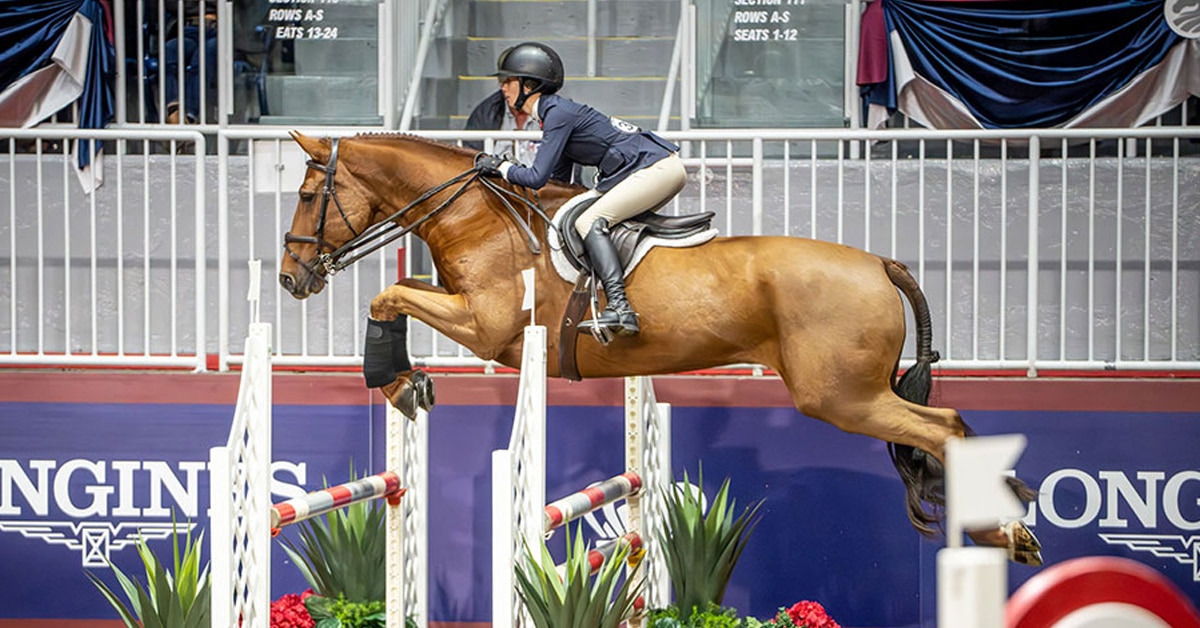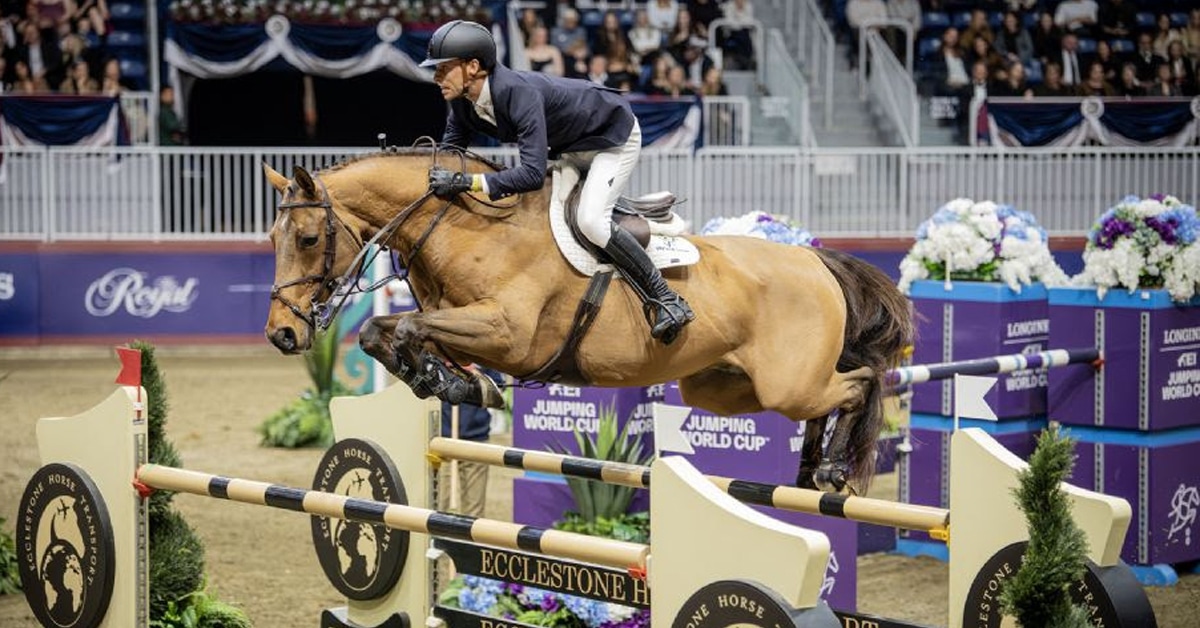A Florida appellate court has reversed a default judgment against Olympic gold medalist Eric Lamaze and his companies, ruling that the trial court erred by striking the defendants’ pleadings without providing sufficient time to secure new legal counsel. The case, rooted in allegations that Lamaze submitted forged medical documents to delay court proceedings, has drawn attention on both sides of the border due to prior findings of fraud in Ontario.
The core of the dispute centers around a note purportedly from a Belgian doctor, which Lamaze submitted to explain his absence from a key court hearing by claiming he was undergoing treatment for brain cancer. Evidence later revealed the document was forged. The Ontario Superior Court had previously found Lamaze had committed fraud by using the same doctor’s note in an unrelated proceeding. Appellees in the Florida case presented this evidence, including a private investigator’s affidavit and a Canadian news article quoting Lamaze as admitting the letter was not meant for the Ontario court, but rather for an American lawsuit where his bank accounts had been frozen.
At a September 22 hearing, Lamaze’s attorney moved to withdraw representation, citing an ethical conflict due to the allegedly falsified documents. The trial court granted the withdrawal at the outset of the hearing, then proceeded—without delay—to strike all of Lamaze’s and his corporate entities’ pleadings, entering a default judgment in favor of the appellees.
In its decision, the Fourth District Court of Appeal found that the trial court’s actions amounted to a denial of due process. The court emphasized that corporate entities cannot represent themselves and must be given reasonable time to obtain new counsel when their attorney withdraws. For Lamaze personally, although individuals can proceed pro se, the court ruled that he should have been granted a continuance before being left to defend serious fraud allegations on his own.
“The failure to grant a continuance and the immediate proceeding to strike the pleadings left Lamaze without a fair opportunity to defend himself,” the court wrote, noting that Lamaze admitted the letter was inaccurate but said it had been submitted by his assistant without his knowledge. According to the court document, Lamaze “testified that he did have two surgeries on his throat for throat cancer in July and August, but he did not have brain surgery.”
Lamaze also told the court that with his assets still frozen, he could not afford basic necessities or retain new legal counsel, despite the court having dissolved the freeze months earlier. However, that dissolution had been stayed pending rehearing, effectively leaving his finances inaccessible.
The appeals court determined that even if Lamaze had committed fraud, the trial court went too far in its response. In a concurring opinion, Chief Judge Klingensmith noted that while Lamaze’s actions were “certainly egregious,” they did not rise to the level of fraud that interfered with the court’s ability to adjudicate the case on its merits. The misconduct had not influenced the outcome of the underlying legal claims, only the timing of a related hearing on asset seizures.
The court noted that dismissal of pleadings is the most severe sanction and should be reserved for misconduct that strikes at the heart of the case. The court also urged trial courts to carefully balance the integrity of the judicial process with the fundamental principle of allowing parties their day in court.
As a result of the ruling, the default judgment has been set aside, and the case is remanded for further proceedings. While the appellees may still seek sanctions for Lamaze’s misconduct, they will need to do so under procedures that protect the defendants’ rights to be heard.
The saga adds another chapter to Lamaze’s legal troubles, reinforcing both the seriousness of fraudulent conduct in litigation and the courts’ obligation to uphold due process—even when dealing with parties accused of deception.
Read the full decision of the Florida Court of Appeal HERE.
More News









